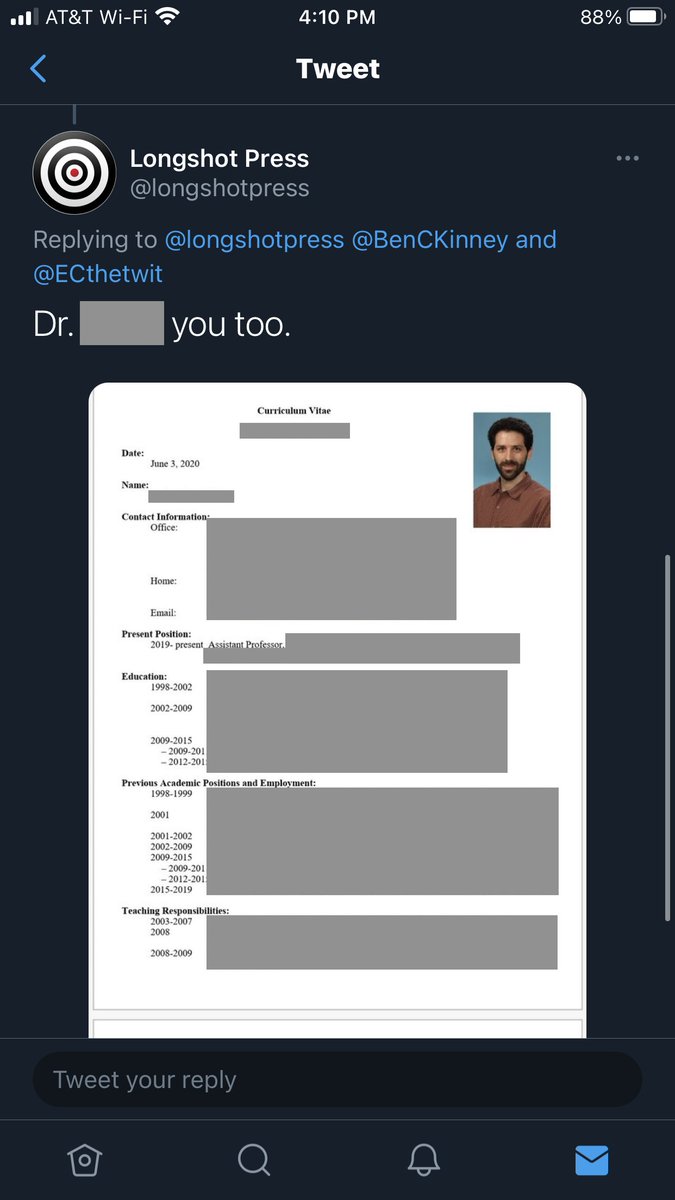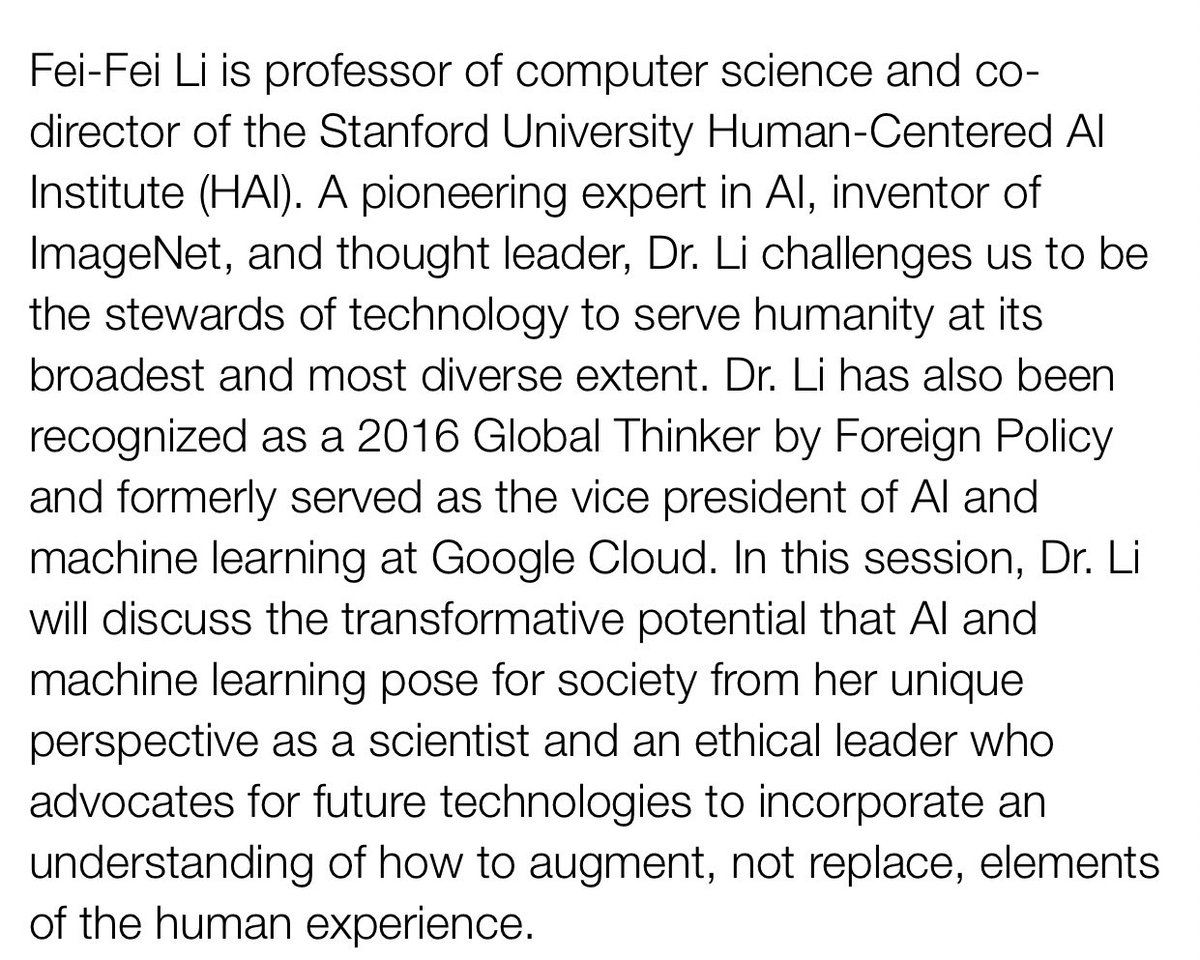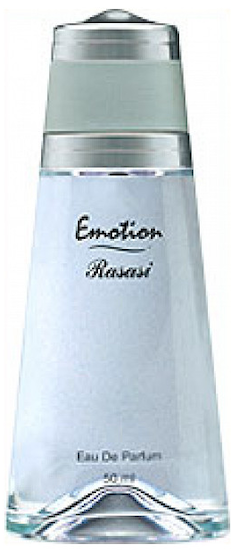Next #SoCIA18 talk looks exciting: "Body Snatchers: What whole body hijacking reveals about our definitions of life," by Lucas Mix.
(Note that this is a 2-track conference, so I am missing at least 50% of talks.)
(Note that this is a 2-track conference, so I am missing at least 50% of talks.)
"What is life?" He thinks it's a process, not an object. Four useful/overlapping subcategories: Darwin (evolve by natural selection), Woese (uses SSU rRNA), Aristotle (perpetuate with nutrition), Haldane (self-regulation).
He's got a nonfic book (out or coming out?): "Life Concept from Aristotle to Darwin: On Vegetable Souls"
These 4 categories are non-exclusive, non-exhaustive, but interesting. Genes and viri are Darwin but not Haldane or Woese. Stars and planets are Haldane but not any other. Venn diagram time!
He's iffy on the concept of Haldane Life, might need a better understanding of what we (should) mean by "regulation."
Symbiosis is useful cases of life that piggybacks on other life. Mutualism, commensalism, parasitism. Here we'll look at "parasitoids" - parasites that end up killing their host.
Oooh, a fun distinction: "Food" is valuable for nutrition, whether it's alive or not alive. Whereas a "nutritional tool" is valuable only while it's alive.
Parasites (including -oids) make it so that host metabolism only benefits the parasite.
Ex: Emerald Cockroach Wasp. They sting cockroach brain, and steer it to the nest for the young to eat... slowly over 7-8 days, because they want to keep the cockroach alive so it stays fresh.
Glyoptapanteles Zombie Guardian. Larvae emerge from caterpillar... and then the caterpillar stays there over the larvae, watching over them until it dies.
And then the classic Zombie Ant Fungus (Ophiocordyceps). Google it. Similar critter Dicrocoelium (Zombie Ant Fluke) grows in abdomen, one in brain - sends ant up grass so it gets eaten by cows.
And more examples of classic behavior-changing parasitoids. Wherein metabolism of host now only serves reproductive interests of parasite, not host. To what extent is one or the other of them participating in Darwin Life?
Do we privilege genes as the agents? "Extended phenotype" idea. Has some problems over how it defines what has goals/desires. But it makes the whole regulator-organism seem like a tool/prosthesis to the genes.
Proposal: the units of life depend on the observer. "Individuals" are model/context dependent, but all earth life (Woese + Viruses) is one integrated example of metabolic/evolutionry life.
This talk needs another 40 minutes! That's all we're getting, alas!
A quote from the speaker in Q&A: "Organism as a natural category is a hangover from the middle ages."
unroll
• • •
Missing some Tweet in this thread? You can try to
force a refresh








